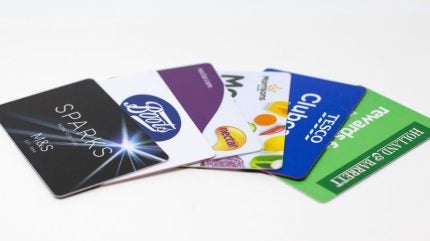
Loyalty programmes have become a staple in the retail landscape, promising exclusive discounts and perks to members.
However, a comprehensive investigation by UK consumer group Which? has exposed that loyalty discounts offered by major supermarkets and health retailers in the UK are frequently less impressive than they appear.
The investigation focused on loyalty schemes such as Boots Advantage, Sainsbury’s Nectar, Superdrug Health & Beautycard, and Tesco Clubcard.
While these schemes offer members exclusive discounts, Which? found that in many cases, the nonmember prices were artificially inflated to exaggerate the savings.
The analysis revealed that:
Nonmember prices were often inflated: In some cases, nonmember prices were raised just before loyalty promotions were launched, making the discounts appear more significant.
For example, at Superdrug, the St. Tropez Self Tan Classic Bronzing Mousse was priced at £31.99 ($41.92) for nonmembers and £21.33 for members.
However, just 14 days before the loyalty promotion started, the nonmember price was also £21.33.
Products were frequently on loyalty promotion: Many products were consistently discounted, suggesting that the nonmember prices were rarely the ‘usual’ price.
At Tesco, 33% of the products analysed were on loyalty offer more than half of the time during the previous six months.
Nonmember prices were sometimes lower after promotions ended: In some instances, nonmember prices decreased after loyalty promotions ended, indicating that the ‘before’ price may have been inflated.
At Boots, 77% of products where the loyalty promotion had ended went to a lower nonmember price than the one used during the loyalty promotion.
The investigation also compared nonmember prices across different retailers.
Which? found that Sainsbury’s and Tesco often charged higher nonmember prices than Waitrose, even though Waitrose is generally considered one of the most expensive supermarkets in the UK.
For instance, a pack of Birds Eye chicken nuggets was £5.50 for nonmembers at Sainsbury’s but £5.25 at Waitrose.
Despite these findings, Which? acknowledged that loyalty schemes can offer significant savings for members.
However, the group urged consumers to be aware of the potential for inflated prices and to shop around to ensure they are getting the best deal.
Which? has called for updated retailer guidelines to address the issue of loyalty pricing.
The consumer group believes that the current guidance is outdated and does not adequately address the tactics used by retailers to inflate nonmember prices.
As consumers become increasingly savvy about pricing strategies, it is essential that retailers adopt ethical practices and provide genuine value to their customers.



